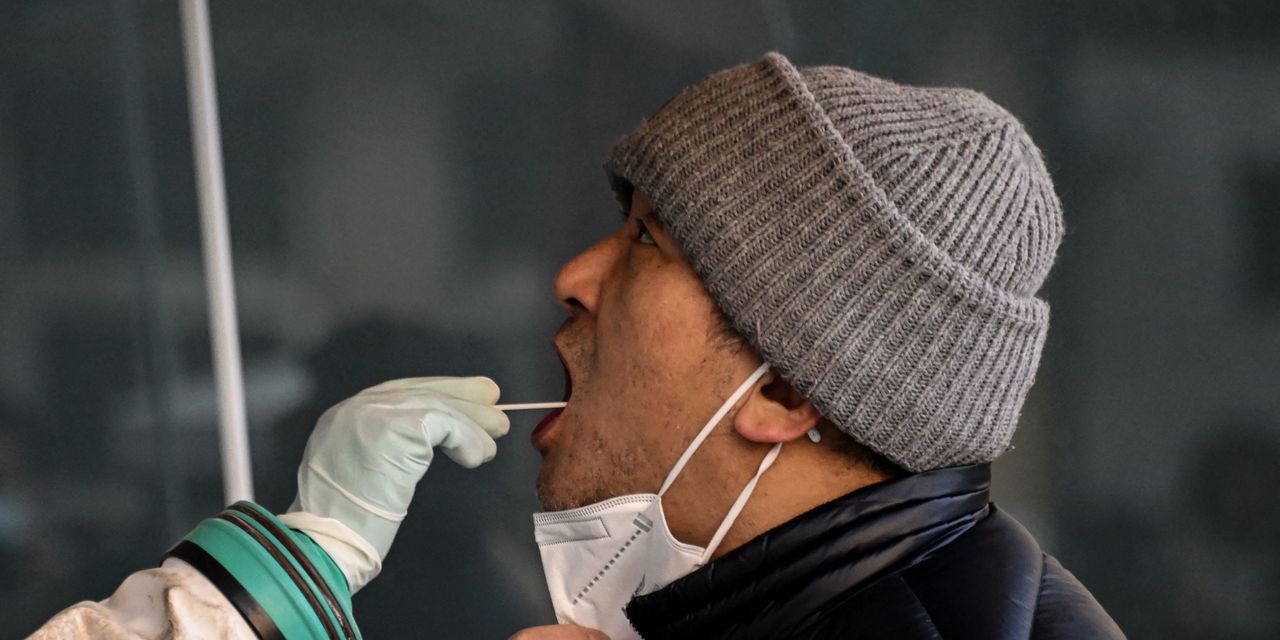BEIJING — Fever clinics and hospital emergency rooms in China’s capital were overflowing with patients on Monday as Chinese health authorities announced plans to downgrade treatment of COVID-19, a move that clears the way for the country to open its borders to international arrivals without quarantines.
Meanwhile, Chinese leader Xi Jinping called on local officials to make any effort to save lives, his first public comments on the pandemic since China abruptly abandoned its stringent zero-COVID strategy in early December.
Visits to three major hospitals in Beijing by The Wall Street Journal on Monday showed the capital’s healthcare system now swamped with an influx of patients following the government’s about-face on COVID controls, which has left many citizens, especially the elderly, scrambling to find treatment.
In the emergency room of eastern Beijing’s Chaoyang Hospital, known for treating respiratory diseases, hallways at the intensive-care unit were packed with dozens of elderly patients lying on portable beds. One nurse said all the ICU beds were full and only patients with the most life-threatening symptoms were being admitted. “Those patients with less severe symptoms can only get a temporary bed and stay in the hallway,” she said.
Despite those struggles, China’s National Health Commission issued a plan late Monday evening to stop treating COVID-19 as a “Class A” infectious disease, which demands stringent control measures, and downgrade the management of the virus to “Class B,” which requires more basic treatment and prevention. The Journal reported last month that China was weighing such a move, which would give it room to further loosen public-health measures.
The downgrade, set to take effect Jan. 8, means people traveling to China from abroad will only need to have a negative COVID-19 test within 48 hours to be allowed into the country, the NHC said. International arrivals will no longer be required to be tested on arrival or undergo quarantine—a major step toward opening up for a country that has been largely closed off to the outside world for three years.
An expanded version of this report appears on WSJ.com.
Trending at WSJ.com:

